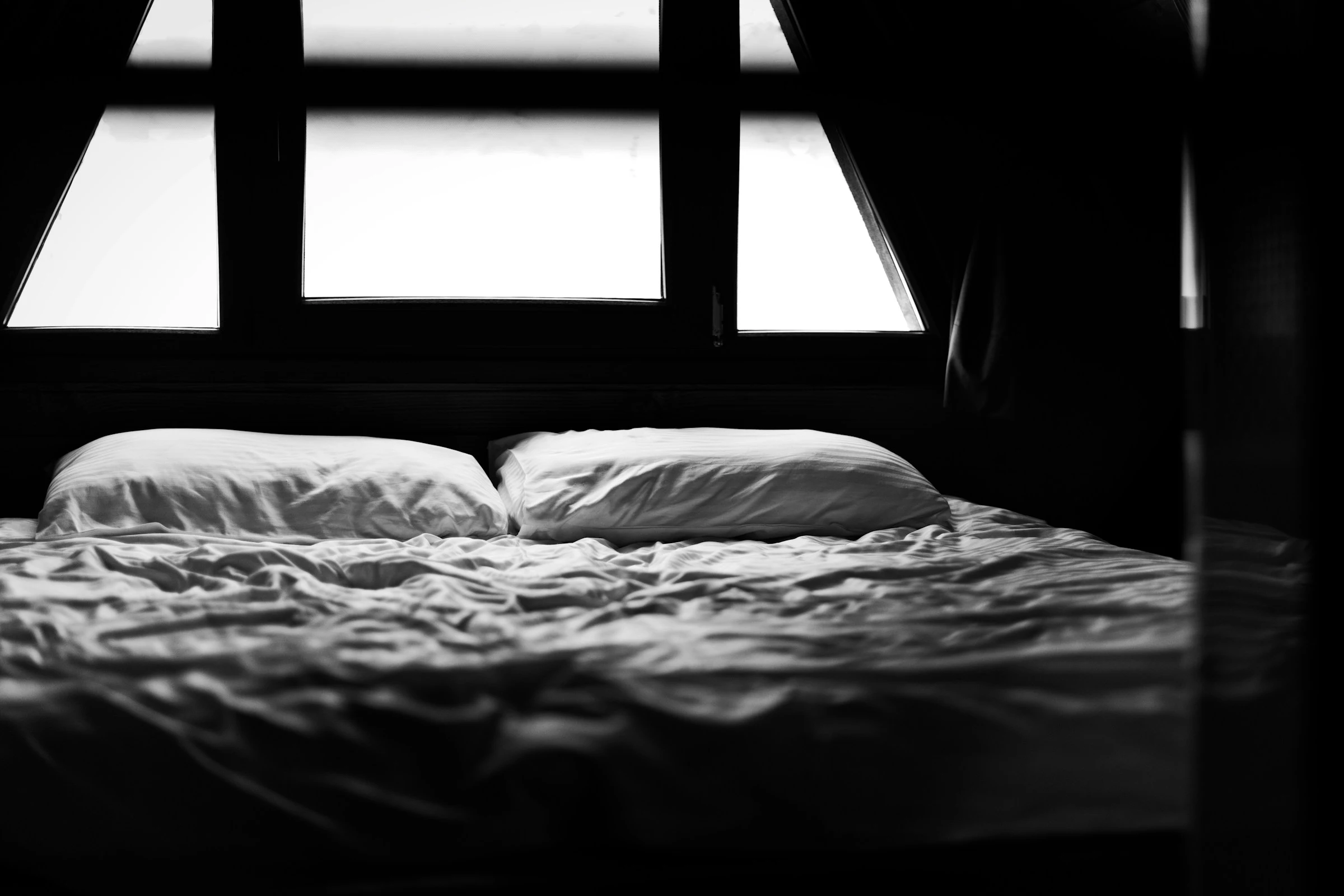Physical Address
304 North Cardinal St.
Dorchester Center, MA 02124
Physical Address
304 North Cardinal St.
Dorchester Center, MA 02124

Let’s be honest, mental health during night shifts is basically an extreme sport — fuelled by caffeine, chaos, and questionable life choices.
If you’ve ever eaten breakfast at 7 p.m. and wondered if your body is gaslighting you, you already know the answer is complicated.
The streets are quiet, the vending machines hum softly, and somewhere, someone microwaves fish at 2 a.m. Nurses, carers, security staff, we live in this upside-down world where daylight feels like an intruder. Over time, the line between tired and existential gets blurry.
I’ve been there. That strange post-shift limbo where you watch normal humans buying croissants and think, How do they function? After a year of trial, error, and too many energy drinks, I’ve learned that mental health during night shifts is less about perfection and more about rhythm, when you stop fighting it and start working with it.
Let’s be honest, night shifts are unnatural. You’re trying to trick your brain into believing that 3 a.m. is fine. It’s not.
Science agrees: shift work interferes with your circadian rhythm, the internal clock that controls hormones, sleep, and mood. When that rhythm is off, everything from appetite to emotions gets scrambled.
Research has linked night work to depression, anxiety, burnout, memory lapses, and metabolic chaos.
But it’s not just about biology. It’s also about the emotional loneliness of moving through silent corridors while the world sleeps. Everyone else gets daylight and laughter. You get fluorescent lighting and alarms that never stop, and over time mental health during night shifts becomes a balancing act between exhaustion and empathy.
You can’t fix night work, but you can hack it. Think of it as forming an alliance with your own circadian chaos.
After a night shift, sleep becomes a fragile mythical creature. Treat it gently.
Use blackout curtains, skip caffeine before the end of your shift, and please silence the lawnmower people. A small ritual before bed helps your brain understand that the day is over.
Good sleep hygiene improves not only rest but also emotional balance. Protecting sleep means protecting your sanity.
Light is your body’s on and off switch. During your shift, flood yourself with light. When you’re done, block it out like a vampire avoiding sunrise.
Wear sunglasses on the way home, avoid scrolling before bed, and take a few minutes of real sunlight after waking up.
Bright light exposure improves alertness and mood, especially for night-shift workers. If your flat feels like a cave, a light therapy lamp can work wonders.
The hardest part of night shifts isn’t always sleep deprivation. It’s missing the life that happens when you’re not there.
Birthdays, brunches, and daylight all vanish into your sleep schedule. And when people ask, “How was your night?”, you want to say, “Chronologically confusing.”
To stay sane, talk to someone who understands. Plan small social rituals, maybe breakfast with a colleague, a message to a friend, or even a chat with your cat. Reflection helps too, because naming your feelings reduces their power.
Connection is the antidote to isolation. And no, memes at 4 a.m. don’t count as therapy, even if they help.
Eating at night is like grocery shopping while sleep-deprived: risky. You’ll crave sugar, carbs, and possibly meaning. Try small, protein-rich meals, stay hydrated, and move when you can.
Perfection is impossible. Consistency is gold.
Burnout doesn’t burst in dramatically. It quietly steals your sense of humour first. Pause. Breathe. Say no to extra shifts when your body says yes to rest. Replace “I have to” with “I choose to.” Reflect with peers who get it.
The goal isn’t superhuman endurance. It’s sustainable compassion and long-term resilience.
After my last night in a row, I follow a sacred ritual: A long shower that could qualify as hydrotherapy, proper breakfast food, and one short moment of gratitude. Sometimes it’s for a calm patient, and sometimes simply because the sun came up and so did I.
Recovery isn’t a break from work. It’s part of the job description.
Maybe not all the time. Some nights will leave you wired, hollow, or questioning your career choices while eating cereal at sunrise. But most nights, you find your rhythm. You laugh with a colleague at 4 a.m., you breathe through the quiet chaos, and you keep showing up.
That’s what mental health during night shifts really looks like. It’s not about perfect balance or endless energy. It’s about surviving, recovering, and somehow still caring for others and for yourself.
If you’ve ever wondered what’s really happening inside your body during those night shifts — beyond the caffeine and chaos — the follow-up dives right into it.
Read the next part: 5 Surprising Truths About Shift Work and Your Health
Disclaimer: This article shares personal reflections and evidence-based insights. It’s not medical advice, and if you’re struggling, please reach out to a qualified professional.
Kwang, J., Noh, W., & Lee, Y. (2021). Sleep quality among shift-work nurses: A systematic review and meta-analysis. International Journal of Nursing Studies, 115, 103–119. https://doi.org/10.1016/j.apnr.2019.151227
Boivin, D. B., & Boudreau, P. (2014). Impacts of shift work on sleep and circadian rhythms Pathologie Biologie, 62(5), 292–301. https://doi.org/10.1016/j.patbio.2014.08.001
West, C. P., Dyrbye, L. N., & Shanafelt, T. D. (2018). Physician burnout: Contributors, consequences and solutions. Journal of Internal Medicine, 283(6), 516–529. https://doi.org/10.1111/joim.12752
Kecklund, G., & Axelsson, J. (2016). Health consequences of shift work and insufficient sleep. BMJ, 355, i5210. https://doi.org/10.1136/bmj.i5210

I’m a mental health nurse, part-time student, and full-time overthinker fueled by coffee and music. This blog began somewhere between a night shift and a creative crisis. It's a small space for thoughts about life, learning, and everything in between.